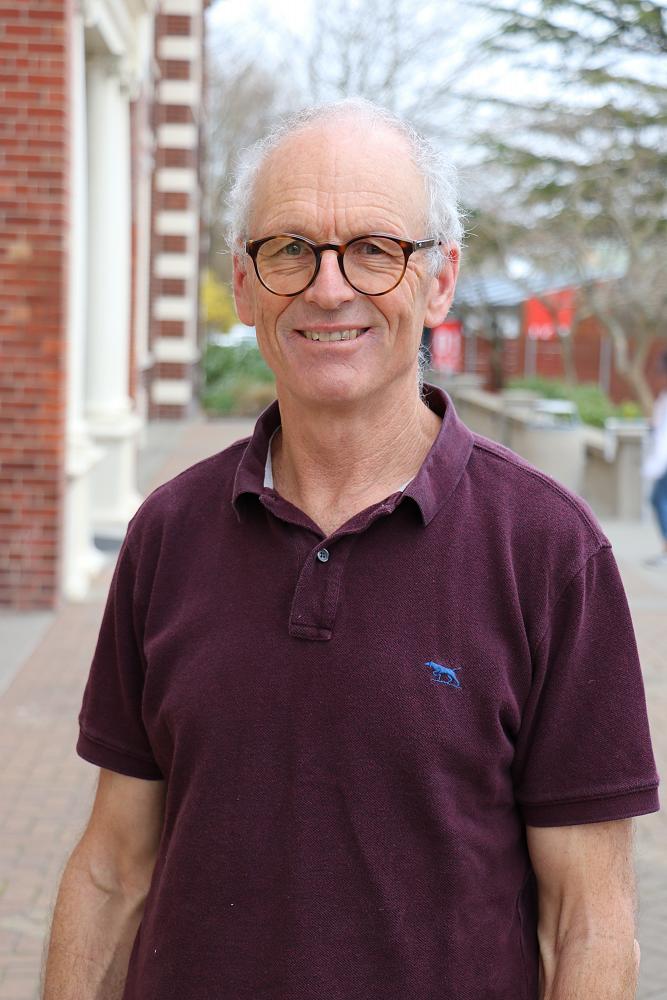
Staff Profile: Tony Wright
Tony Wright is a Kaiako in his 31st year of teaching at Hagley in the Mathematics and Outdoor Education departments.
Tony was born in Christchurch and grew up here. Tony taught for three years at Cromwell College and then had two years overseas before beginning his teaching position at Hagley. Tony is a father of two boys and his wife is also a Kaiako. Tony took time off during the early years of his sons’ development to share the load of being a full-time parent. Tony recommends this to everyone, and he said it was an experience he thoroughly enjoyed and was pleased he did it.
Tony loves the combination of Maths and Outdoor Education and he has been fortunate to maintain this throughout his time at Hagley. He likes Maths and was good at it as a student himself in his own schooling, and this was the foundation to him wishing to recreate this experience for ākonga in their schooling experience. Tony was encouraged to become a Kaiako by watching and talking to his aunty and uncles who were teachers and his role models. After completing a Computer Science degree at University where he coached ākonga in Maths he decided to train as a Kaiako.
Tony’s love of the outdoors is evident in his OED classes. He loves challenging and creating experiences for ākonga that are real and teach life skills that will stay with them for their lifetime. He appreciates that outdoor experiences encourage socialisation and skills that are hard to create in the classroom like; cooking their tea, supporting and motivating each other to persevere when the activity is hard, making sure their food and clothing is correct for their overnight stays and so on. They often work in pairs and in high risk situations where they cannot let their partner down.
Tony likes supporting other ākonga activities such as Drama, Music, Film and Dance nights. Tony likes the liberal nature of Te Puna Wai o Waipapa as our students and staff are accepting of others and their differences. He says this environment of no bells, no uniform and acceptance of all is what has kept him so long in this place we call Te Puna Wai o Waipapa.
